Search
Search Results
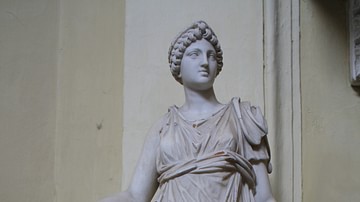
Definition
Ancient Greek Medicine
In ancient Greek medicine illness was initially regarded as a divine punishment and healing as, quite literally, a gift from the gods. However, by the 5th century BCE, there were attempts to identify the material causes for illnesses rather...

Definition
Roman Medicine
Roman medicine was greatly influenced by earlier Greek medicine and literature but would also make its own unique contribution to the history of medicine through the work of such famous experts as Galen and Celsus. Whilst there were professional...

Definition
Adam Smith
Adam Smith (1723-1790) was a Scottish philosopher, economist, and leading Enlightenment figure. In The Wealth of Nations, he advocates free trade and limited interference in markets by governments, for which he is seen as the founder of liberal...
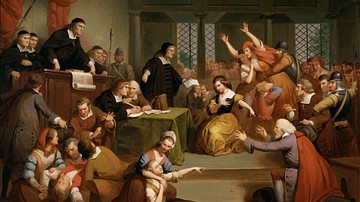
Definition
Salem Witch Trials
The Salem Witch Trials were a series of legal proceedings in Salem, Massachusetts in 1692-1693 resulting in the deaths of 20 innocent people accused of witchcraft and the vilification of over 200 others based, initially, on the reports of...

Definition
Voltaire
Voltaire (1694-1778) was a French author, historian, and philosopher whose thoughts on religious toleration and moderation of authoritarian power were influential during the Enlightenment. His most famous work today is the satirical Candide...
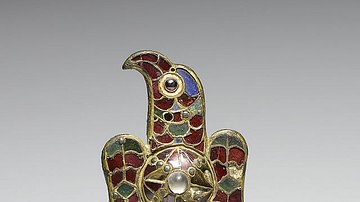
Definition
The Goths
The Goths were a Germanic tribe who are frequently referenced for their part in the fall of the Roman Empire and their subsequent rise to power in the region of northern Europe, initially in Italy. Prior to their contact with Rome they must...
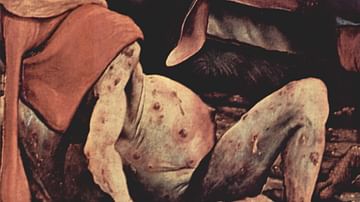
Definition
St. Anthony's Fire
St. Anthony's Fire (SAF) is an illness brought on by the ingestion of fungus-contaminated rye grain causing ergot poisoning (ergotism). The disease's common name derives from the medieval Benedictine monks dedicated to that saint who offered...
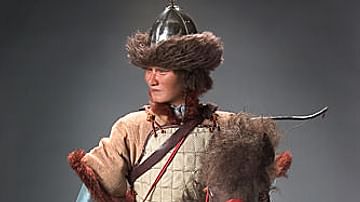
Definition
Attila the Hun
Attila the Hun (r. 434-453 CE) was the leader of the ancient nomadic people known as the Huns and ruler of the Hunnic Empire, which he established. His name means "Little Father" and, according to some historians, may not have been his birth...

Definition
Heka
Heka is the god of magic and medicine in ancient Egypt and is also the personification of magic itself. He is probably the most important god in Egyptian mythology but is often overlooked because his presence was so pervasive as to make him...
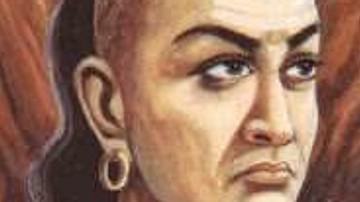
Definition
Chanakya
Chanakya (l. c. 350-275 BCE, also known as Kautilya and Vishnugupta) was prime minister under the reign of Chandragupta Maurya (r. c. 321-c.297 BCE), founder of the Mauryan Empire (322-185 BCE). He is best known as the author of the political...